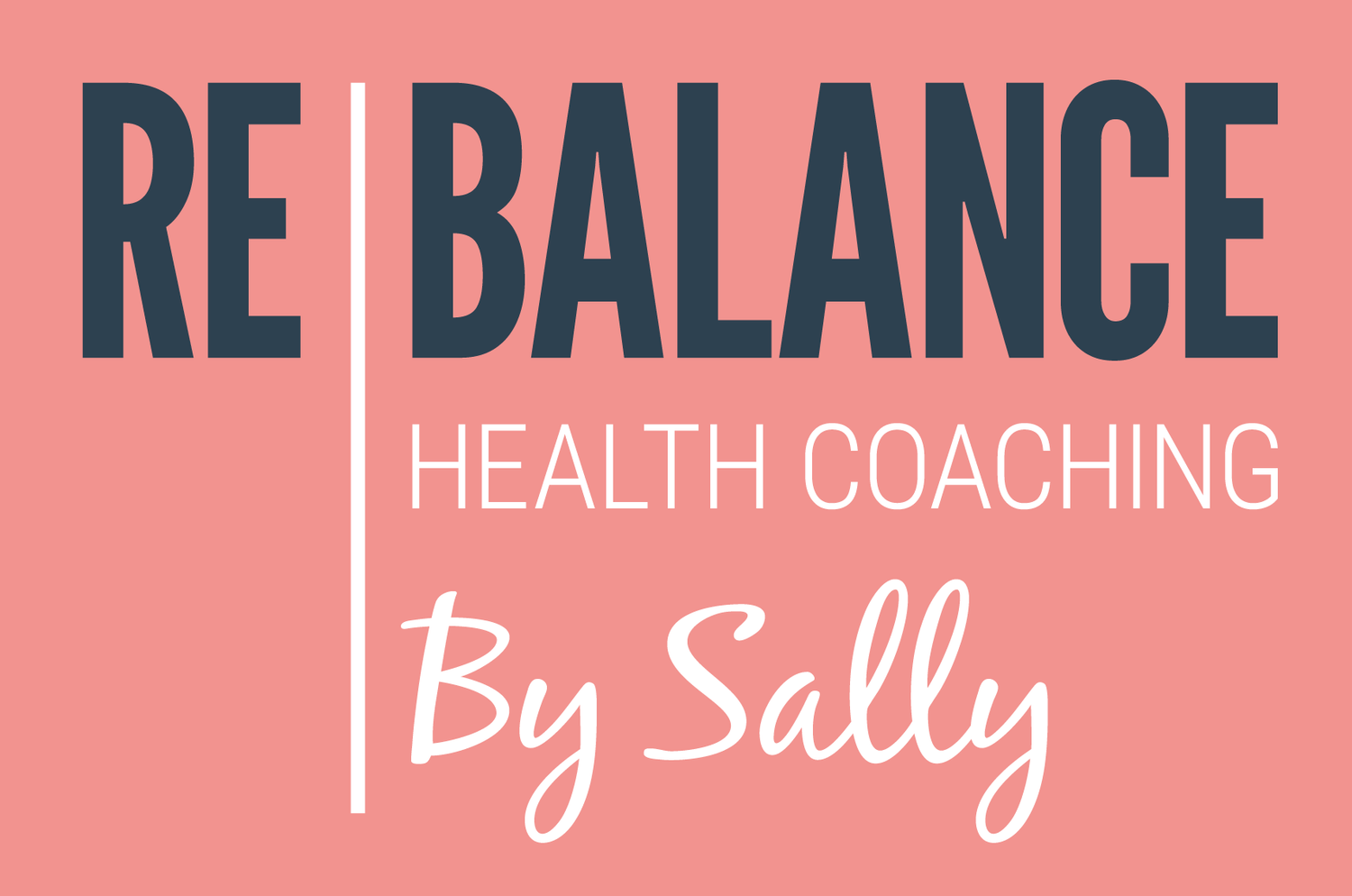The power of protein for menopause
I’m often asked for my top tips on nutrition for menopause. The simplest answer is eating a balanced whole food diet, with good quality sources of protein, plenty of fruits and vegetables, whole grains, nuts, seeds and healthy fats and minimise ultra-processed foods. If we want to drill down further, one of the things that might have the biggest impact is eating good quality protein with every meal.
So, let’s take a look at protein in more detail. Protein plays an important role for our overall health and specifically to menopause, eating protein with every meal has many benefits.
The health benefits of eating protein
Hormone balance: During menopause, there is a decline of oestrogen and progesterone production from the ovaries. Protein plays a crucial role in the production and regulation of hormones in the body. Consuming an adequate amount of protein can help support hormonal balance during this transitional phase.
Bone health: There is an increased risk of oeseoporosis as we lose bone denisty due to the decline of oestrogen. Protein is essential for the development and maintenance of bone health. Including protein-rich foods in the diet can support bone health during menopause.
Muscle maintenance: As we age, we tend to lose muscle mass. Consuming adequate protein can help maintain muscle mass and strength during menopause. This is important because muscles play a role in supporting joints, posture, and overall physical function.
Weight management: Protein helps to boost metabolism and is known to reduce appetite and keep you feeling fuller for longer. Including protein-rich foods in meals and snacks can help control cravings, manage hunger, and support weight management during menopause.
Healthy hair, skin, and nails: Proteins contribute to the health and maintenance of hair, skin, and nails. Collagen, a protein found in connective tissues, is particularly important for skin elasticity and maintaining a youthful appearance. Hair and nails are composed of a protein called keratin. Adequate protein intake helps to strengthen and nourish hair and nails.
What foods are good sources of protein?
Good sources of protein include lean meat, fish, dairy, eggs, quinoa, lentils, chickpeas, beans, oats, chia seeds, tofu, nuts & seeds.
How much protein should I eat?
The recommended daily protein allowance is 0.8 grams per kilogram of body weight. So, for example, if you weigh 70kg you should be eating 56g of protein per day which is nearly 20g per meal.
Examples of protein content
It’s important to eat protein with each meal because the body doesn’t store protein so it’s beneficial to eat it across the day. Protein also helps to balance blood sugar levels avoiding insulin spikes after meals which can cause weight gain and blood sugar crashes that cause cravings. In addition, protein with each meal helps keep you feeling full for longer, supporting weight management. Eating a palm size portion with each meal is a good indicator.
But remember, protein should be part of a balanced diet that includes a variety of nutrients from fruit, vegetables, whole grains and healthy fats.
If you’d like to receive a free protein recipe booklet with recipes for menopause, plus monthly menopause support, sign up here
I hope you found this useful for your menopause journey. Please reach out if you have questions or would like to learn more about menopause improvement programmes


